Oleksii Popov’s Genius Move: How Harnessing Wind and Water Could Revolutionize Outdoor Fitness Forever
Ever wondered if being too “niche” is a dead end for building a big business? Or maybe you’ve thought, “Hey, what if my idea’s just too seasonal to catch an investor’s eye?”—or that the risks make it impossible to standardize and scale? Well, Oleksii Popov shattered those limits by flipping the script on the outdoors scene. Instead of treating water sports and waterfront fun as just a side hustle or casual pastime, he engineered WINDLIFE into a full-blown platform that’s both asset-light and packed with big-market ambition. Think of it as blending adrenaline with a bulletproof system—where safety, service, and standards aren’t just buzzwords but the secret sauce for scaling what most say can’t be scaled. So, is your passion too niche or seasonal to grow? Maybe it just needs a little Popov-style systemizing. LEARN MORE
Is there such a thing as being too “niche” to build a big business?
Too seasonal to be investable?
Too risky to standardize?
Oleksii Popov has spent the last decade proving those assumptions wrong – by treating the outdoors not as a hobby, but as a platform. The serial entrepreneur and business innovator behind WINDLIFE is building a repeatable model that blends water sports, small-craft passenger experiences, and community events into asset-light operations with big-market ambition.
“I don’t chase adrenaline; I systemize it,” Popov says with a half-smile. “If you engineer safety, service, and standards, you can scale what most people think can’t be scaled.”
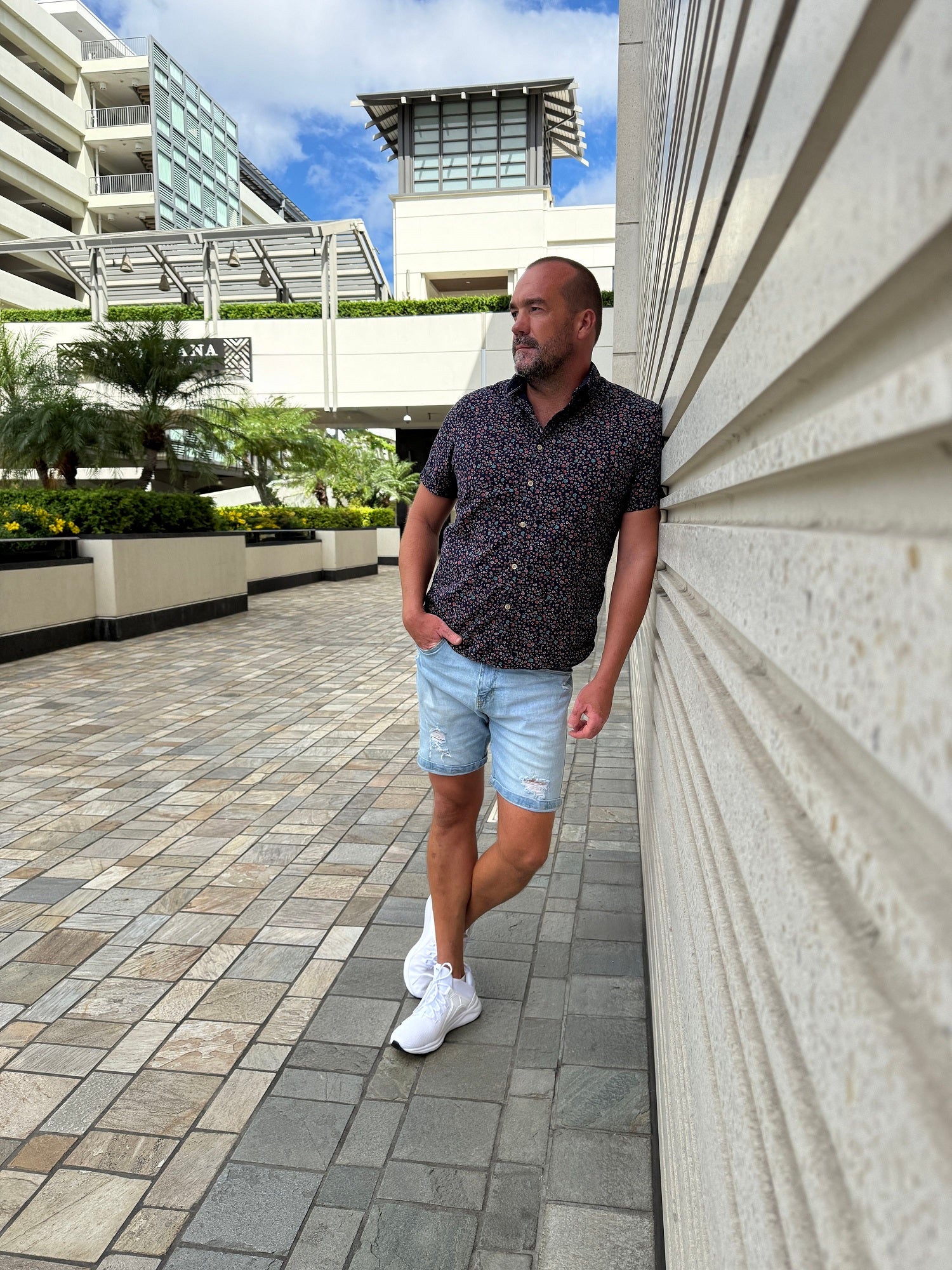
From Passion to Platform
Popov’s first career chapters were in corporate operations and retail, where he learned P&L ownership, team scaling, and the unglamorous craft of process. In 2015 he began translating those skills to the water: a club for wind- and kitesport enthusiasts became a permanent watersports station in 2016, then a youth program in 2018, and soon a broader WINDLIFE ecosystem – training, rentals, competitions, open-air cinema nights on the waterfront, and hourly “sea-tram” boat tours.
Each addition wasn’t a tangent; it was a product node designed to extend lifetime value per guest and increase year-round utilization.
“Daytime is for motion; evenings are for connection,” says Popov. “We design touchpoints so a family can spend an entire day with us and every hour still feels new.”
The Operator’s Edge: Standards, Data, and Design
Where many outdoor concepts stall at “cool idea,” Popov starts with checklists and dashboards:
- Safety manuals, marked aquatory, progressive load protocols, and mandatory briefings
- Instructor KPI scorecards and advancement pathways
- CRM-tracked attendance and upsell funnels
- Productized packs: training + rental + event, with season passes and dynamic pricing
“Simple system, complex preparation,” Popov says. “If a product only works because the founder is onsite, it isn’t a product – it’s a pastime.”
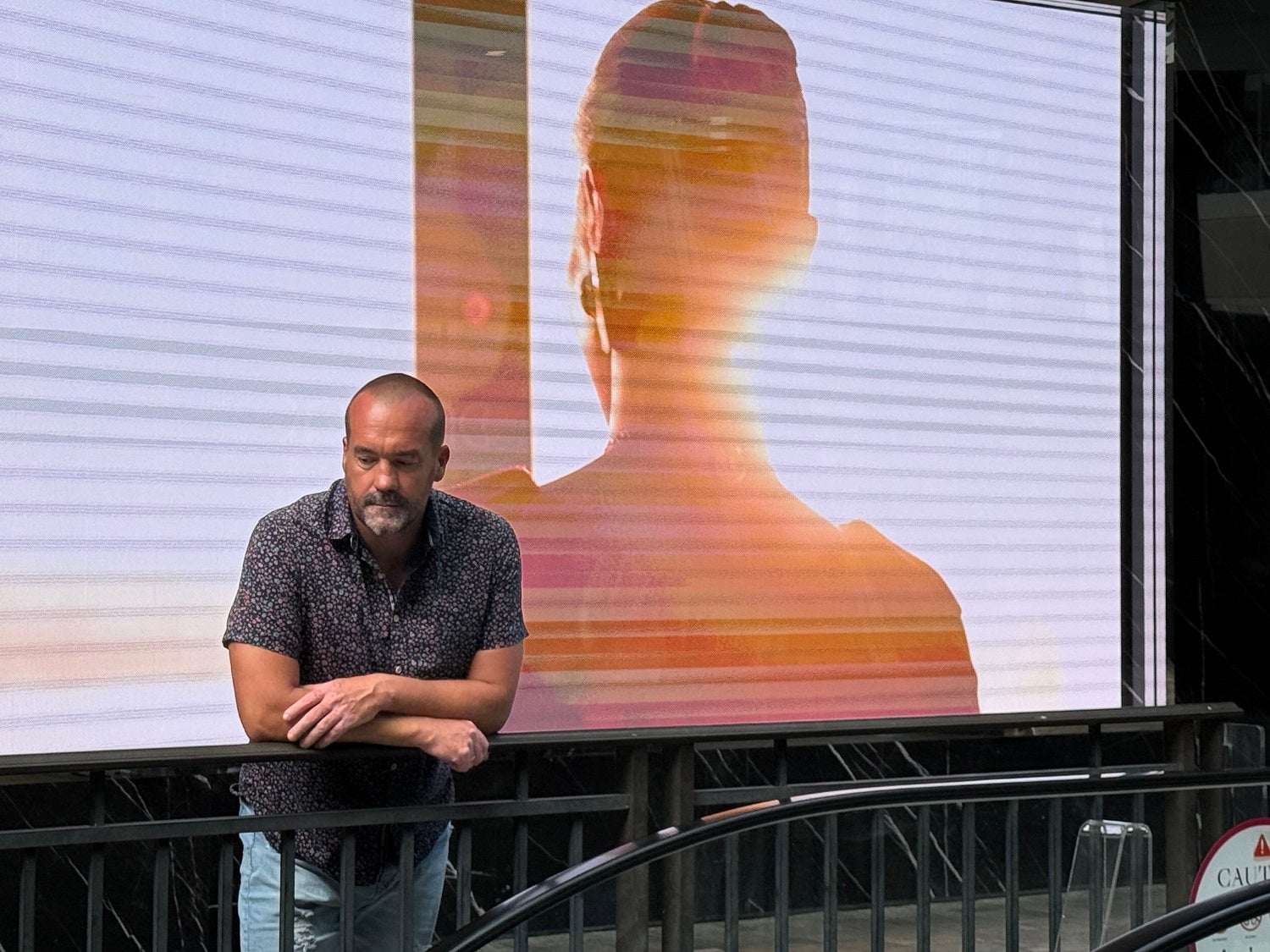
Asset-Light by Design
Rather than tying up capital in heavy equipment, Popov prioritizes leasing, partnerships, and revenue-share agreements for critical assets. The result: shorter payback periods, faster replication, and cleaner unit economics.
“The outdoors economy can be capex-hungry. Asset-light is how you keep growth nimble and resilient.”
That philosophy extends to a growing micro-fleet for short passenger routes, private charters, and curated experiences – engineered to be plug-and-play across different waterfronts.
Youth First, Community Always
Popov’s blueprint is unapologetically community-centric. WINDLIFE’s youth academy emphasizes technique, discipline, and progression; city-scale events – like long-distance kite marathons or wakeboarding championships – act as a magnet for visitors and a stage for local talent.
“Events are media,” he says. “They raise the bar for participants and put the city on the map.”
Making Seasonality Work for You
Seasonality isn’t a bug; it’s a calendar. Winters shift to mountain trips and snowboard instruction; shoulder seasons host theory classes, strength training, and workshops; warm months combine watersports, open-air cinema, and high-frequency boat routes.
A B2B line – corporate offsites, brand activations, and waterfront festivals – smooths utilization and shields margins.
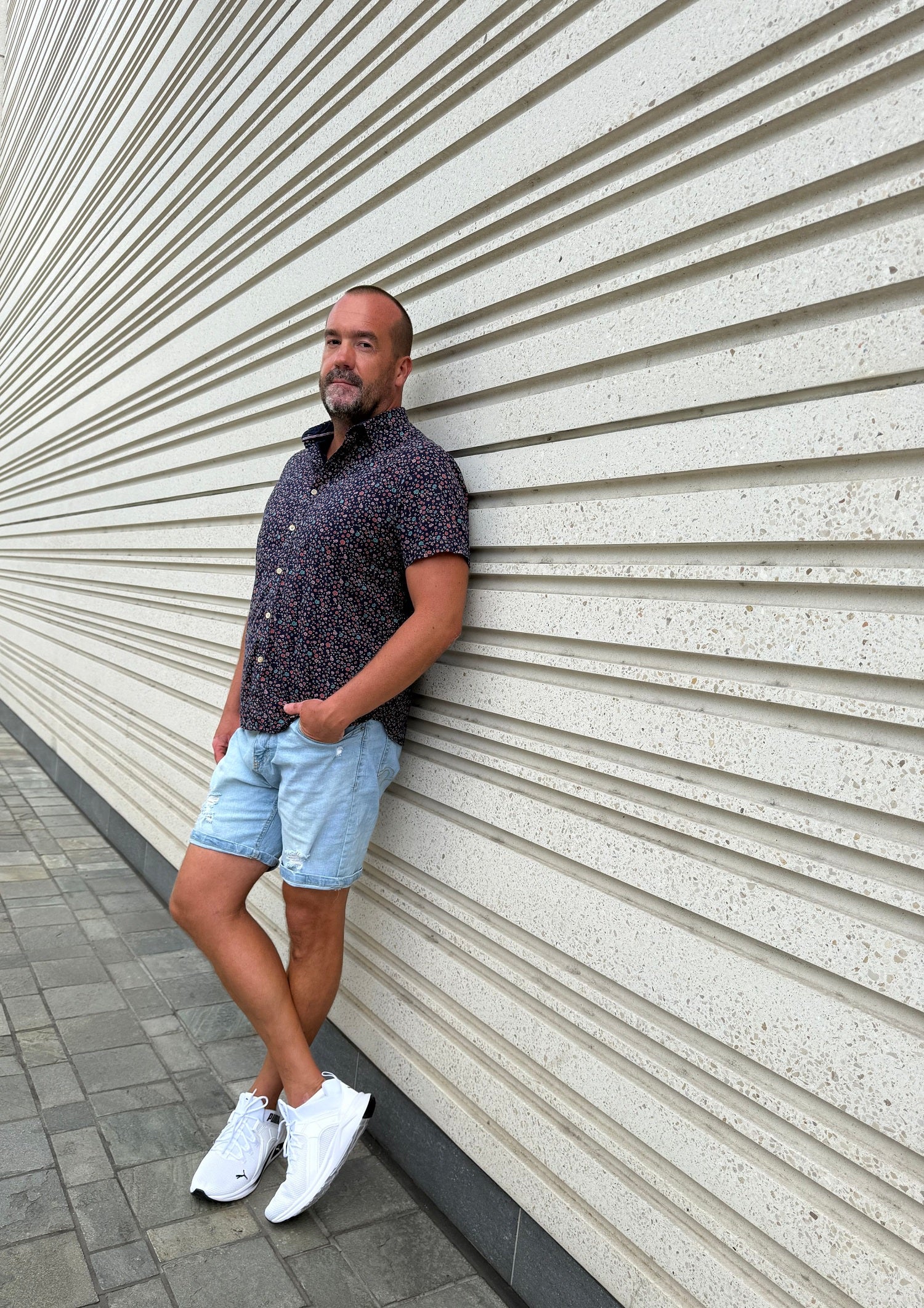
The Franchise Play: Turning SOPs into a Growth Engine
In 2025, Popov’s focus is codifying replication: a franchise/partners kit with brand guidelines, operating standards, safety doctrine, instructor training modules, marketing assets, and unit-economics templates.
“Quality that travels,” he says. “If WINDLIFE feels the same in different cities – safe, spirited, efficient – then we’ve built a true platform.”
Leadership Notes: Tough, Tender, and Transparent
Popov’s management style is equal parts high bar and high trust.
- On hiring: “Grit over glitter. Teach skills; select for temperament.”
- On culture: “Operators first. Romance is for the guest; rigor is for the team.”
- On decisions: “If the math and the mission disagree, fix the product – not the spreadsheet.”
Giving Back to the Waterfront
WINDLIFE’s thesis includes the soft power of waterfront revitalization – well-run outdoor experiences pull foot traffic, support small hospitality businesses, and cultivate healthier routines for families and teens.
“Wind and water create momentum,” Popov says. “We just engineer it into something that lifts everyone – guests, partners, and the city itself.”
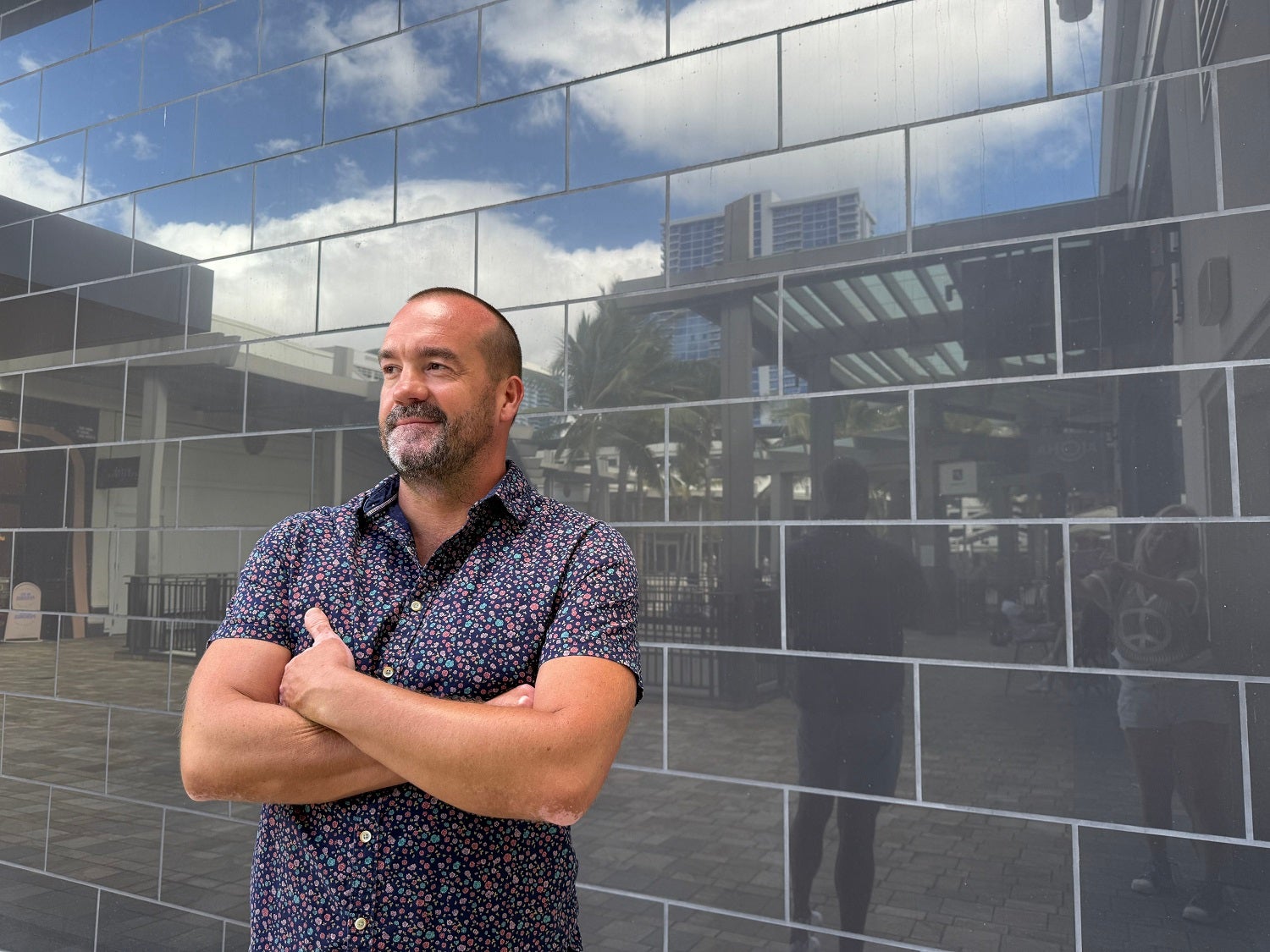
What’s Next
2025 milestones center on commissioning a new two-deck vessel for higher-capacity routes, expanding the youth academy, and launching the first partner locations built on WINDLIFE’s playbook.
“We’re not chasing dozens of pins on a map,” Popov adds. “We’re chasing consistency – unit economics and guest experience you can trust.”
Your Self-Made Mantra, by Oleksii Popov
Q: What’s the most underrated advantage for founders in “seasonal” sectors?
A: Clarity. Seasonality forces you to design products with ruthless intent and plan cash flow with adult supervision. That discipline becomes your moat.
Q: The biggest mistake operators make when adding new lines of business?
A: Confusing adjacent with additive. If it doesn’t extend LTV, stabilize utilization, or deepen your moat, it’s a distraction.
Q: Five lessons you wish you’d learned sooner?
- Standards are a growth hack.
- Train the trainers.
- If it isn’t on a checklist, it doesn’t exist.
- Love the guest; interrogate the process.
- Profit is the oxygen; purpose is the compass – you need both.
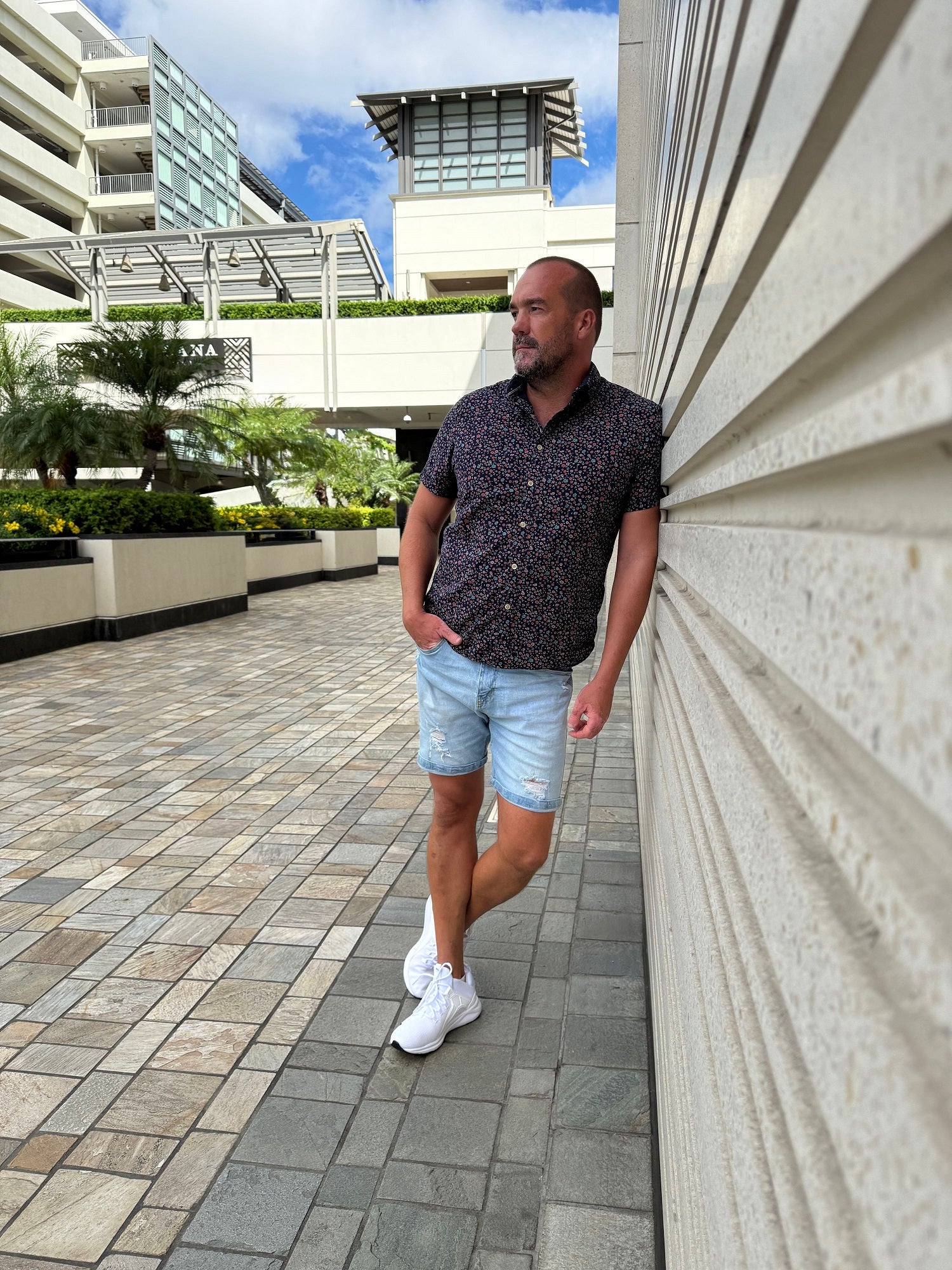



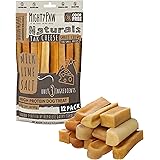
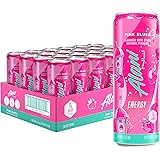


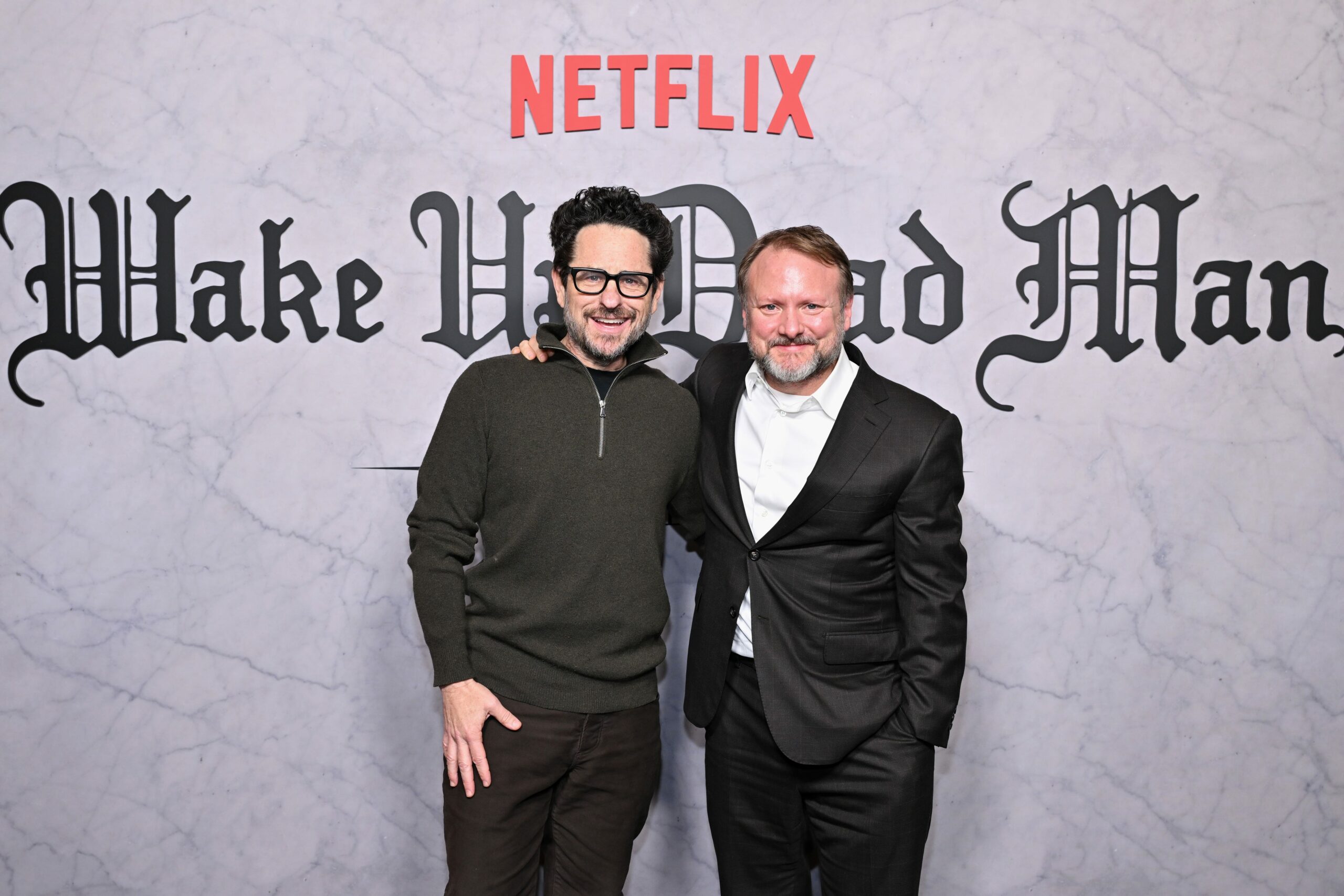











Post Comment